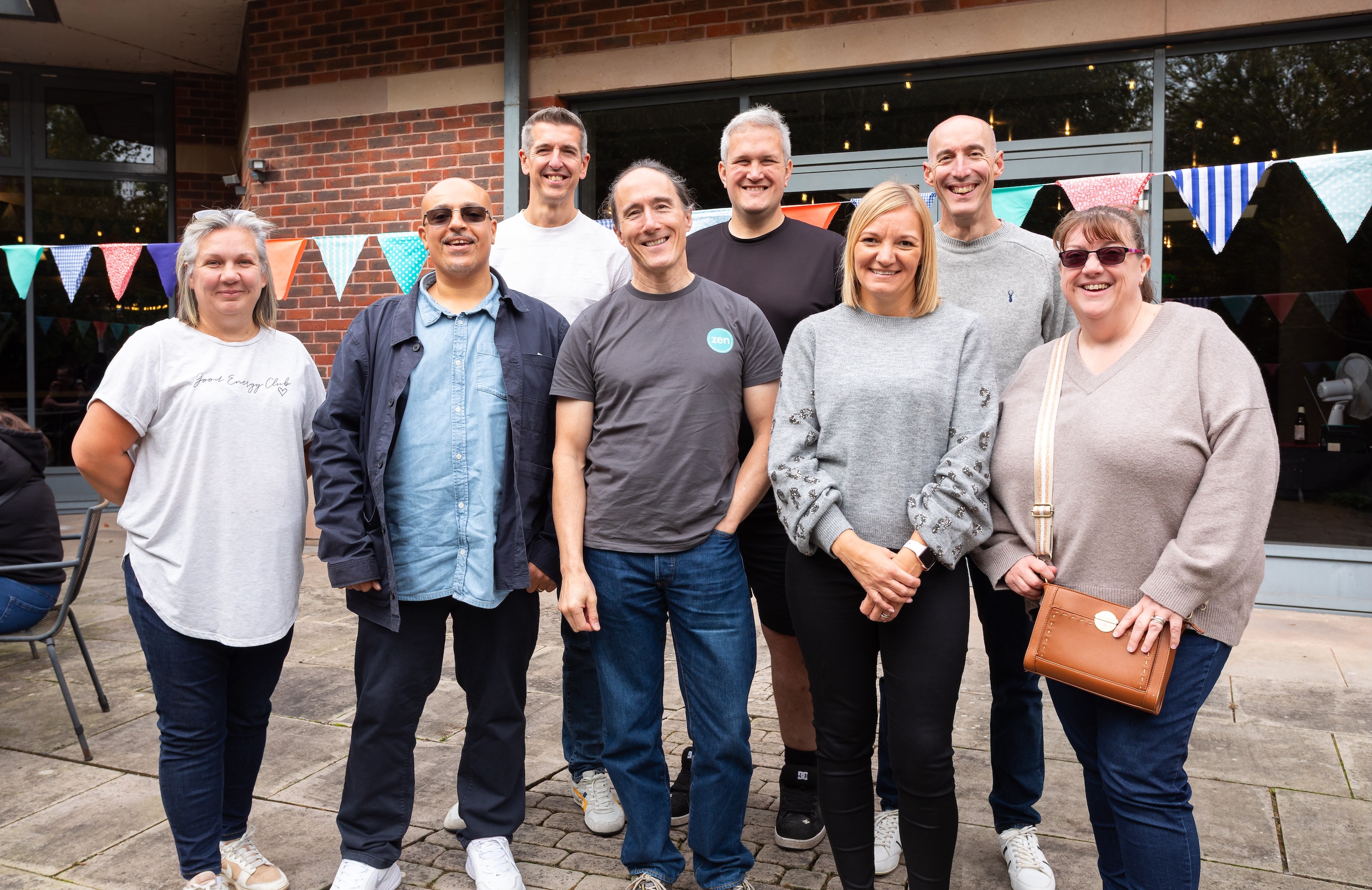Let’s face it, every time a new Budget is announced, half the country sighs, the other half groans, and a small minority pretends to understand the fiscal implications for frozen sausage rolls, beer or cheese.
So, in the spirit of true British innovation (and mild chaos), That’s Business proudly presents The Alternative Budget 2025, a visionary mix of the sensible, the surreal, and the suspiciously achievable.
ECONOMY & TAXATION
Sensible:
Introduce a Small Business Break Month each May, during which every microbusiness pays zero VAT. It’ll stimulate spending, reward entrepreneurship, and allow accountants a brief but blissful nervous breakdown.
Silly:
Replace the pound coin with “Community Credit” tokens printed on biscuit tins. If you can’t afford something, you can always eat your currency. (Economists call this “digestive inflation.”)
COST OF LIVING
Sensible:
Reintroduce capped utility bills for vulnerable households, linked to average weather conditions. Because heating your home shouldn’t require a second mortgage or a small fortune in fleece pyjamas.
Silly:
Nationalise Greggs. Every citizen gets a compulsory sausage roll allowance to offset stress caused by scrolling the news.
TRANSPORT
Sensible:
A new “Small Town Rail Revival” fund to reopen rural stations and reinstate services that were cut before most of us were born.
Silly:
Replace all pothole repairs with miniature trampolines. Keeps the suspension industry busy and makes the morning commute more exciting.
HOUSING
Sensible:
A tax incentive for landlords who convert empty shops into affordable flats. Bonus points if they keep the original shopfront, “Tesco Express (Now With Bedrooms)” has a certain charm.
Silly:
All new housing developments must include one mandatory village duck pond. If you can’t afford a house, at least you can feed the ducks.
EDUCATION
Sensible:
Bring back hands-on financial literacy in schools. If teenagers can calculate TikTok engagement rates, they can learn about interest rates too.
Silly:
Introduce a GCSE in “Arguing on Social Media” with practical exams held live on X (formerly Twitter). Full marks for diplomacy, minus points for using caps lock.
ENVIRONMENT
Sensible:
Incentivise small businesses to go green by offering tax credits for renewable energy, recycling, and using locally sourced materials.
Silly:
Create an Emergency Rain Reserve. If it rains for more than five consecutive days (so, any week in Britain), we export the excess to Spain and call it “liquid GDP.”
CULTURE & LEISURE
Sensible:
A grant programme for independent theatres, museums, and community arts, because culture shouldn’t be something you can only afford after payday.
Silly:
Make the Eurovision entry process part of the national curriculum. Winning it should count as an economic success indicator, right alongside GDP and the price of Freddos.
MISCELLANEOUS MEASURES
Sensible:
Create a new “Work-Life Balance Office” tasked with encouraging flexible working, four-day weeks, and lunchtime walks instead of limp sandwiches at the desk.
Silly:
Every office must adopt a Chief Morale Officer Cat. Expenses claimable if the cat improves staff motivation, reduces stress, or successfully types an email.
THE CONCLUSION
Our Alternative Budget 2025 might never make it to Parliament (though stranger things have happened), but perhaps it should. Between the sausage rolls, trampoline potholes, and cat-led morale programmes, it’s at least a plan that puts people, and a bit of fun, at the heart of the economy.
After all, if laughter truly is the best medicine, it might just be the most cost-effective national investment.













.png)
